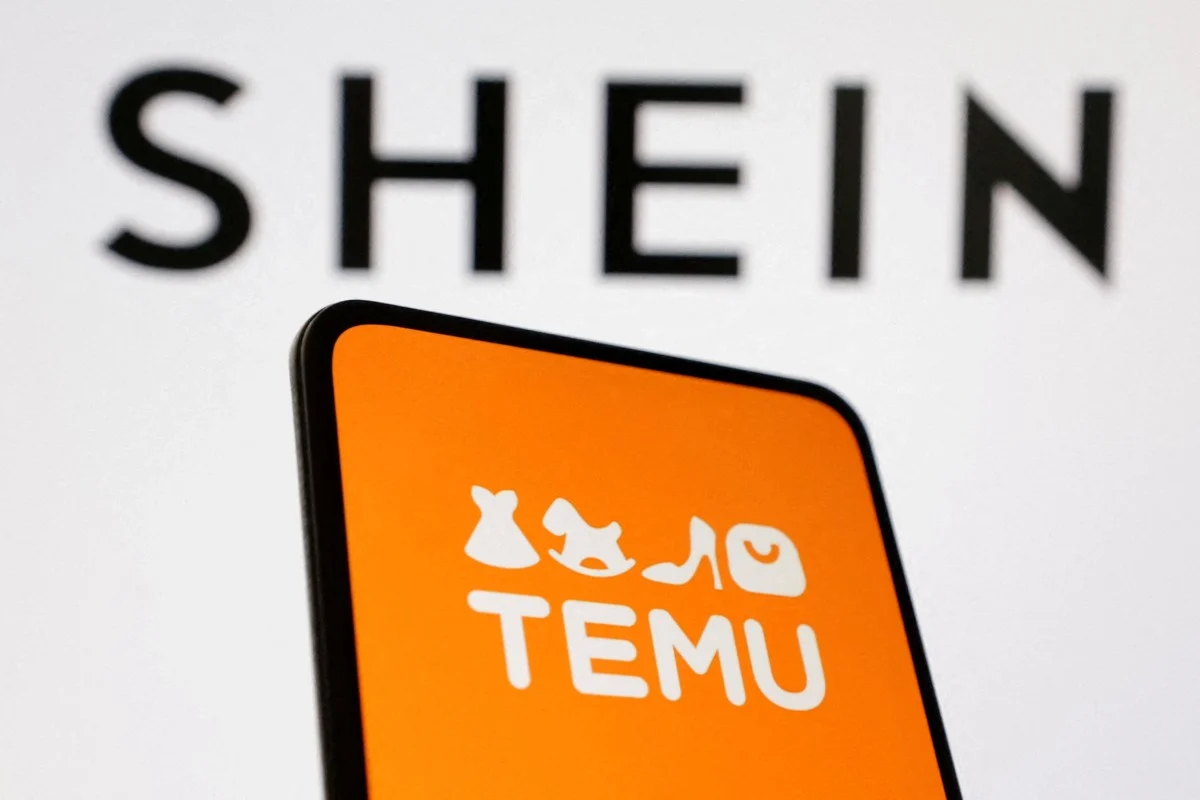Online shopping enthusiasts have noticed something different when browsing their favorite budget-friendly platforms recently. Temu and Shein, two popular e-commerce sites known for their affordable merchandise, have increased prices on many items.
This adjustment comes in response to new tariffs set to take effect on May 2, following an executive order signed earlier this month. The days of ultra-budget shopping may be evolving into a new reality where that $5 t-shirt might now cost you $9.
Understanding the De Minimis Exemption
At the heart of this change is something called the “de minimis” exemption, which previously allowed shipments of goods worth less than $800 to avoid tariffs. This loophole has been particularly beneficial for companies like Temu and Shein, which source most of their products from China.
Starting May 2, businesses will either have to pay a 120% tariff or a flat $100 fee per postal item, with that fee increasing to $200 by June 1. Think of it as the end of a long-running discount program at your favorite store – the sale signs are coming down, and regular pricing is taking effect.
Real Price Changes Observed
CNN tracked several items across both platforms to monitor the price changes. Two patio chairs on Temu jumped from $61.72 on Thursday to $70.17 on Friday. A bathing suit set on Shein saw an even more dramatic increase, rising from $4.39 to $8.39 – a 91% jump.
Interestingly, not all prices went up; a smart ring on Temu actually decreased by about $3. While online prices naturally fluctuate, these specific increases appear to be directly related to the upcoming tariff changes.
What the Companies Are Saying
Both Temu and Shein have been transparent about the reasons behind these price increases. In similarly worded notices to customers, they explained that changes in global trade rules and tariffs have increased their operating expenses.
Shein stated, “We’re doing everything we can to keep prices low and minimize the impact on you,” while Temu encouraged customers to make purchases before April 25 to avoid higher prices.
Neither company responded to CNN’s requests for additional comments. It’s worth noting that even with the increases, many items on these platforms remain competitively priced compared to traditional retailers.
Impact on American Consumers
These price increases may seem modest for individual items, but they could significantly impact American consumers, particularly those from lower-income households. According to a report by the Trade Partnership Worldwide, the lowest-income households in America already spend more than triple their share of income on apparel compared to the wealthiest households.
Research from UCLA and Yale economists suggests that the end of the “de minimis” exemption will disproportionately affect these same communities, as 48% of packages shipped under this threshold go to the poorest zip codes, compared to just 22% for the richest zip codes.
For many Americans, these online platforms represented an affordable way to purchase clothing and household items – a budgeting strategy that may now need reconsideration.
Contact us today through our website or WhatsApp to discover how we can help you achieve success in the United States. Together, we can turn dreams into reality.
Information source: edition.cnn.com



